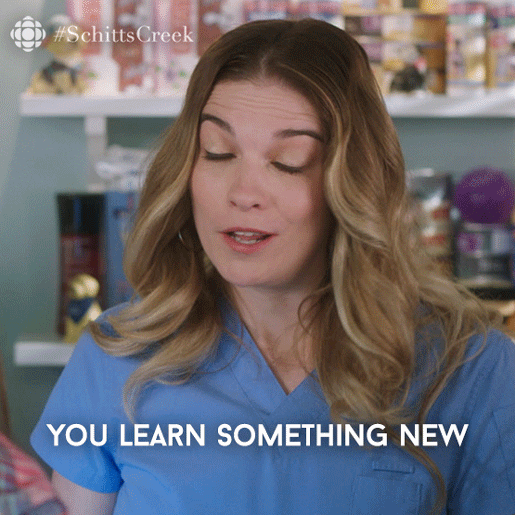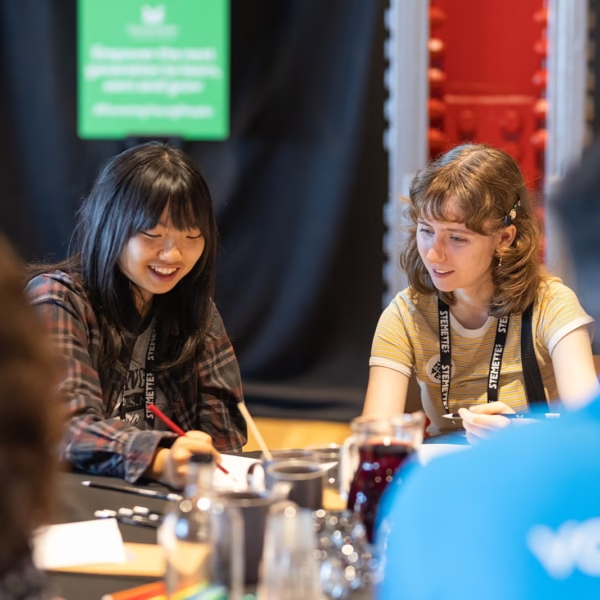A mature student often finds it difficult to get back into the swing of studying. Yet, every year, thousands of mature students make the crucial decision to continue their education, whether they’re chasing their passion or developing themselves professionally. The following advice will help you to organise your workload and make the most of your time as a mature student.

Explore:
If it’s been some time since you last stepped into a lecture hall, you may feel uneasy with the thought of participating, asking questions and completely immersing yourself in your studies. Find out what is expected of you by your university to gain an understanding of what criteria you should aim to fill. Be proactive: take notes, attend office hours to find out more about projects you’re struggling on and join groups of other like-minded students for support. Asking other students about their favourite study spaces can help you find your own and this will really alleviate the pressure of studying.

Organise yourself:
- Plan out your study and set goals. At the end of the day and week, evaluate your progress. Make a calendar with the important deadlines and events so you know what’s on your agenda. That 2000-word essay is due in two weeks – don’t leave it until 11 pm the night before. Lie to yourself and set the deadline a few days earlier if you can.
- Always attend lectures and seminars– just jot down anything interesting/ unique.
- Before your lecture, do all the wider reading to form a general idea of what will be spoken about.
- Within 24 hours of each lecture, write a summary of what you learnt on that subtopic covered to consolidate your knowledge.
- Learn how to research and cite sources for your own sake.
Read more advice on the Stemettes Zine about university >>
Getting used to academic research and writing
Academic research and writing form a large part of your day-to-day study tasks so it’s worthwhile knowing what to do. Start off by identifying what is expected of the written assignment and brainstorm what you already know. Do some general reading first for an overview of what to do. Consider your own opinions on the topic and research different aspects of the topic that are directly relevant to your point. Start a bibliography, copying and pasting the links and noting down the books as you go along so this is prepared. Make a list of what you need to know and follow this. Consider the sources you’re using – is the author likely to have any particular biases and why? Critical thinking is a skill you already use in everyday life – it’s just about making it a conscious thought process. Remember to use a variety of resources for this research such as podcasts, films, documentaries, books and expert interviews. Learn how to learn–take into consideration how you found things at university previously and adapt it to your own needs.

To summarise: plan out everything you’re going to be doing so you feel prepared, learn how to study so the learning style feels natural and familiar and apply everything you already know. And finally… relax, you’re capable of achieving so much more than you give yourself credit for. All it takes it consistently good habits, which involves resting and getting enough sleep too!
Mark Twain: “Age is an issue of mind over matter. If you don’t mind, it doesn’t matter.”
Now take a look at these helpful links:
Study Advice
UCAS Advice
Overcoming Studying Fears
Funding As A Mature Student
This article was written by Amna Khan, Stemettes Work Experience 2022.






